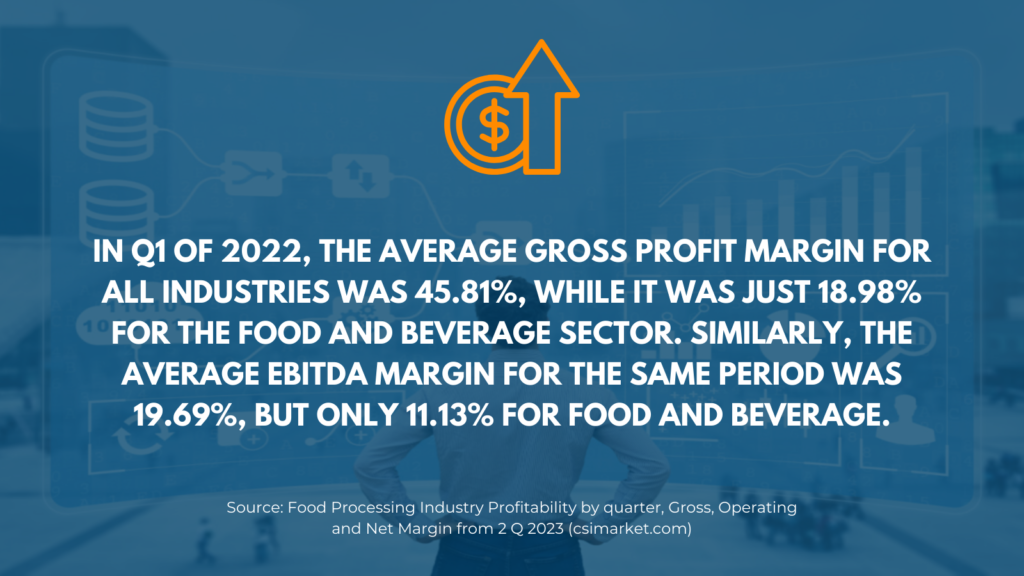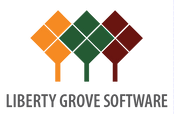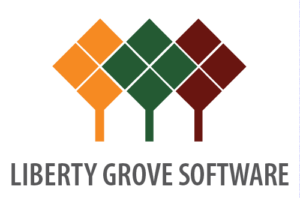Hungry for Profit Margins? Or Are They Already on Your Menu for 2023?
Profit margins in the food and beverage industry have often been modest. That's primarily because companies in this sector must bear various expenses while providing a cost-effective final product for everyday consumers – including paying personnel, procuring ingredients, maintaining equipment, and obtaining distribution contracts.

The measures reflect the reality of the situation.

So, what can manufacturers do to increase profit margins?
Of course, a food and beverage manufacturer can be financially successful; we're talking about products that practically everyone needs, so there will always be consumer demand. But how do you capitalize on those needs?
Maintaining or increasing your bottom line takes a sound strategy and informed decision-making in a competitive market.
Read on to learn about three of the most crucial best practices in food and beverage management that can increase profit margins and how purpose-built enterprise resource planning (ERP) technology can support your efforts on these critical fronts to help you steer your company toward a more prosperous future.
Top 3 profit margin makers that manufacturers can implement with ERP
1. Succinct inventory control
In the food and beverage sector, getting the most out of the raw materials you've bought and the final items you've made is a relatively straightforward aspect of profitability management, – but it can't be an afterthought. If you want to be sure you're getting a decent return on your material investments, this area of operations deserves closer examination.
Excellent expiry date management is essential in this situation because spoiling is one of the significant causes of waste in the food manufacturing industry. Use first-expiry, first-out (FEFO) picking methods after recording the expiration dates of all the lots you receive, ideally in a wholly digital interface like that offered by food ERP solutions.
Your finished products should go through the same procedure. At the end of your supply chain, the retailers and restaurants will be pleased if you log the freshness ranges and ensure the products are transported in time to maximize their shelf life. That also provides customer happiness and promotes brand loyalty.
Finally, remember that maintaining proper stock levels is essential for preventing shortages at crucial times. Again, ERP systems give you complete visibility into your warehouse and the inventory you have on hand, and they can even place orders for you automatically based on parameters you specify, ensuring that you're never in a bind and unable to meet your production goals.
2. Reliable demand prediction
You can increase your earning potential as opportunities in the market appear by being aware of what to anticipate regarding consumers' appetites for the products you create. Several factors can influence consumers' desire for any food and beverage product, making obtaining accurate and trustworthy demand estimates challenging.
Fortunately, ERP platforms designed for the food business give you access to the resources you need to create accurate forecasts. By integrating historical sales data and information on new market trends, you can determine when to increase the production of some lines while reducing that of others that might not be as popular during particular seasons or circumstances.
It will also assist you in deciding what ingredients to buy because you'll be able to predict whether you'll need more ingredients to achieve more significant achievement targets. The ability to cut or stop placing standing orders for other materials is another advantage if the items that depend on them are not profitable in the current market.
3. Dependable effectiveness and financial analytics
Identify and eliminate inefficient processes to maximize the efficacy of your production systems since they can be a significant financial drain. At the same time, you must be aware of when the supermarkets and restaurants you serve don't accept a particular item in your lineup.
The analytics features you need to investigate problems in your processes and pinpoint their underlying causes are included in ERP software for the food sector. That makes it easier to resolve the issue that is causing the problem. You'll constantly be aware of how well operations are being carried out thanks to an innovative system like a Food & Beverage ERP system since updates arrive in real-time.
Additionally, ERP designed for food and beverage enterprises like yours has tools for tracking the profitability of your items based on the inputs they need and how well they sell. With that knowledge, you can decide what to prioritize, reduce, or eliminate items for your future product lineup.
Tastier profits unlocked
Every food and beverage company has higher profitability as one of its main priorities. You need every advantage to stay abreast of the competition. If you want the best chance of achieving your financial goals, an ERP system specialized to your market is necessary for the above advantages and many more.
Yet, buying and installing any ERP program is insufficient if you want the cash to start coming in. You require a platform from a supplier who has in-depth knowledge of the food and beverage sector and has created their product with end users in mind, including the adoption of a user-friendly interface and industry-specific capabilities to meet your most challenging difficulties.
Ready to realize greater profits with a Food and Beverage ERP system?
The team of ERP consultants at Liberty Grove Software can direct you toward the best ERP solution for your business.
We'll be with you through evaluation, project planning, implementation, testing, training, and ongoing support to ensure your digital transformation success.
For a free consultation on how a Food and Beverage ERP can help your food manufacturing organization become more profitable, contact Liberty Grove.
Related reading:
Critical Success Factors for the Food Manufacturers (libertygrove.com)
Is Your Food ERP Delivering a Solid ROI? (libertygrove.com)
Best 10 Reasons to Move Your On-Premises ERP to the Cloud - Liberty Grove Software
About the author
Liberty Grove Software is an established Microsoft Partner that focuses on providing customers with sales, service, and support for Microsoft Dynamics 365 Business Central/NAV solutions and training and upgrades.
Over more than 25 years, Liberty Grove has assisted hundreds of customers with businesses ranging from small to mid-sized to Microsoft Partners in implementing, training, customization, and upgrading Microsoft Dynamics ERP solutions.
The organization is one of only a few companies worldwide that Microsoft recognizes as qualified to provide Business Central/NAV Upgrade Service Centers.

